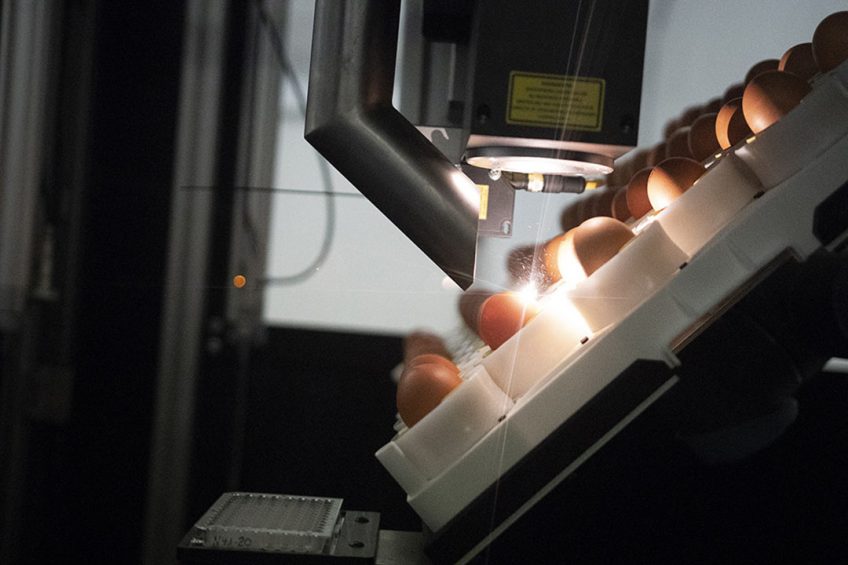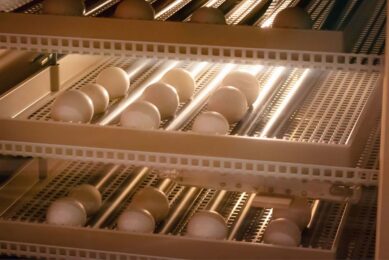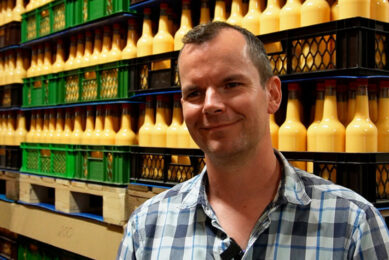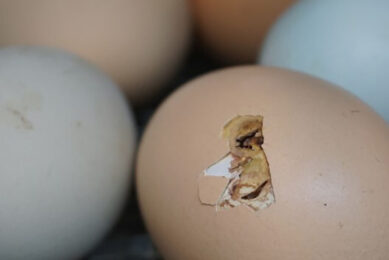Launched: Method to identify gender in hatching eggs

Millions of day old male chicks will no longer need to be gassed following the launch of a market-ready method for identifying the gender in hatching eggs.
Hailing the launch of the initiative as a “great day for animal welfare in Germany”, German Agriculture Minister Julia Klockner said the country had set the pace for the rest of Europe to follow.
“Now it is possible to identify the gender of the chicks in the hatching egg through a needle-tip tiny hole, male hatching eggs no longer need to be incubated and killed immediately after hatching,” she said.
The initiative comes from SELEGGT, a joint venture between HatchTech, German supermarket chain REWE and the University of Leipzig, which sees the eggs from the laying hens checked on the genus during the incubation phase.
The process
In the process, a laser is used to burn a hole of no more than 0.3 millimetres into the hatching eggshell. Afterwards, a small amount of fluid is extracted through a non-invasive procedure. The interior of the egg is left untouched and remains safe.
Through a change in colour, a marker will indicate whether the sex-specific hormone estrone sulphate can be detected in the hatching egg. If detected, a female chick is developing in the hatching egg. Consequently, only female chicks hatch on the 21st day of incubation. No estrone sulphate indicates a male hatching egg, which is separated and processed into high-quality animal feed.
SELEGGT is now developing a business model to make the technology available to the industry as a cost-neutral service. The patented process will be available to the first hatcheries in 2020.
Jan Kunath, REWE Group deputy chief executive, said customers would also benefit: “Throughout next year, our customers will be able to buy the so-called free-range respeggt-eggs gradually throughout Germany.”
Join 31,000+ subscribers
Subscribe to our newsletter to stay updated about all the need-to-know content in the poultry sector, three times a week. Beheer
Beheer








 WP Admin
WP Admin  Bewerk bericht
Bewerk bericht